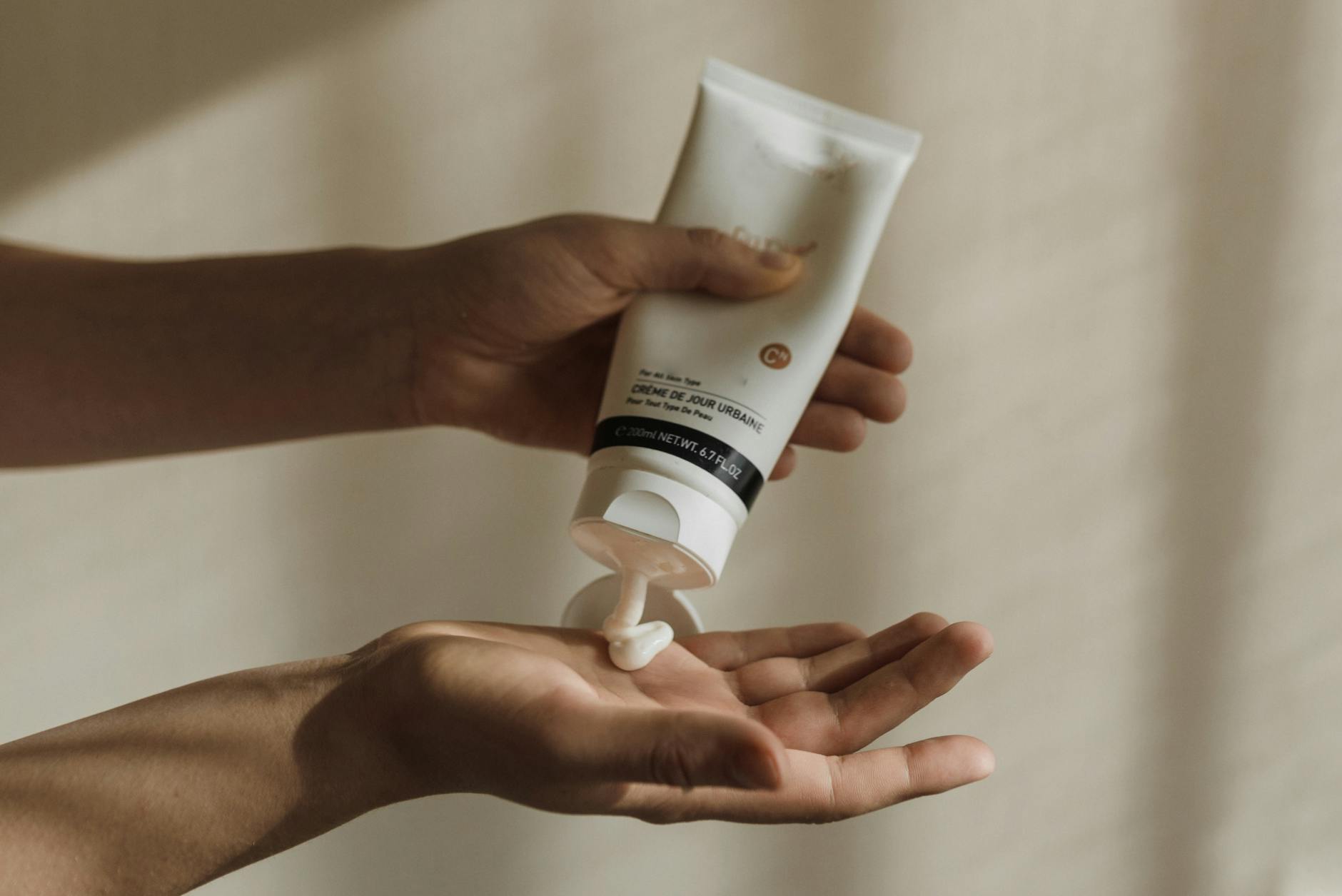Discover the secrets to banishing cold sores for good! Say farewell to painful eruptions with our ultimate prevention guide.
Table of Contents
Cold sores are a common viral infection caused by the herpes simplex virus (HSV). While they may seem like a minor inconvenience, they can be both painful and embarrassing. In this comprehensive guide, we will delve into the world of cold sores, exploring the best ways to prevent outbreaks and treat existing sores.
The Stigma Surrounding Cold Sores
Cold sores are often misunderstood and stigmatized in society. Many people associate cold sores with being unclean or promiscuous, when in reality, the virus can be spread through simple activities like sharing utensils or kissing a loved one. It is important to remember that cold sores are a common viral infection that can affect anyone, regardless of their hygiene habits.
Understanding the Herpes Simplex Virus
Cold sores are primarily caused by the herpes simplex virus type 1 (HSV-1). This virus is highly contagious and can be transmitted through close contact with an infected individual. Once infected, the virus remains dormant in the body and can be triggered by various factors, such as stress, sunlight, or a weakened immune system.
Preventing Cold Sore Outbreaks
Prevention is key when it comes to managing cold sores. Here are some tips to help reduce the frequency and severity of outbreaks:
- Avoid close contact with individuals experiencing an outbreak.
- Use sunscreen on your lips to protect them from UV rays.
- Maintain a healthy lifestyle with regular exercise and a balanced diet.
- Manage stress through relaxation techniques like deep breathing or yoga.
Treating Cold Sores
While prevention is important, it is also essential to know how to treat cold sores when they do occur. Here are some recommended treatments:
Kiss Cold Sores Goodbye: The Ultimate Guide to Prevention and Treatment
| Prevention | Treatment |
|---|---|
| Avoid triggers such as stress, fatigue, and sunlight | Apply over-the-counter antiviral creams |
| Maintain a healthy diet and lifestyle | Take prescription antiviral medications |
| Avoid sharing utensils or personal items | Use natural remedies like tea tree oil and lysine supplements |
- Topical creams or ointments containing antiviral medication.
- Over-the-counter pain relievers to reduce discomfort.
- Cold compresses to soothe the affected area.
- Avoid picking or popping the sore to prevent further infection.
When to Seek Medical Attention
In most cases, cold sores will go away on their own within a week or two. However, there are instances where medical attention may be necessary. Consult a healthcare professional if:
- The cold sore does not improve after two weeks.
- You experience frequent or severe outbreaks.
- Other symptoms such as fever or swollen lymph nodes accompany the cold sore.
Conclusion
Cold sores may be a common viral infection, but they can still have a significant impact on your daily life. By practicing prevention techniques, knowing how to treat outbreaks, and seeking medical attention when needed, you can kiss cold sores goodbye for good. Remember, it’s essential to treat cold sores with kindness and understanding, as they are just a part of the many challenges our bodies face.
FAQ
Can cold sores be prevented?
Answer 1: Yes, cold sores can be prevented by avoiding triggers like stress and sunlight, maintaining a healthy lifestyle, and using sunscreen on your lips.
How long do cold sores typically last?
Answer 2: Cold sores usually last for about a week or two, but can vary depending on individual factors and the severity of the outbreak.
Are cold sores contagious?
Answer 3: Yes, cold sores are highly contagious and can be spread through close contact with an infected individual or sharing personal items.
When should I seek medical attention for cold sores?
Answer 4: It’s advisable to seek medical attention if the cold sore does not improve after two weeks, if you experience severe or frequent outbreaks, or if other symptoms like fever accompany the sore.





